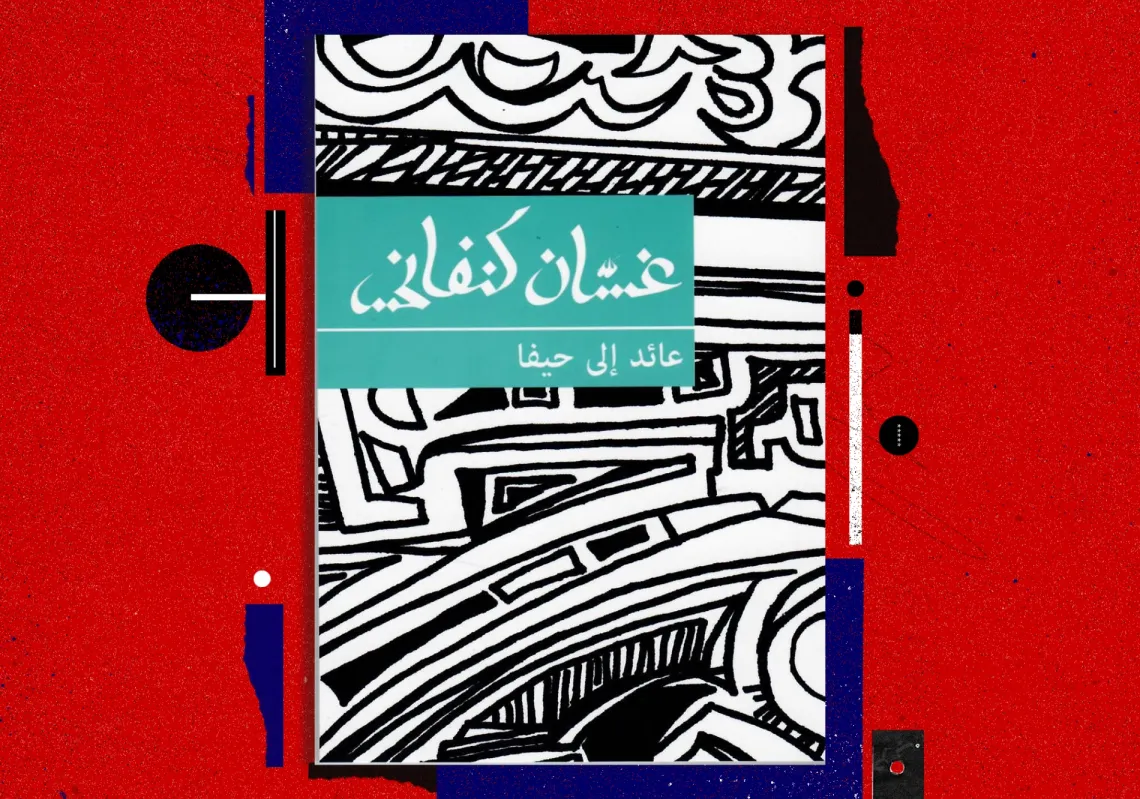A new book by the former Arab Israeli politician Ghaida Rinawie Zoabi raises complex, painful, and enduring questions both for Palestinians, Arabs, and the author herself. A Nazareth-born Palestinian who holds an Israeli passport, Zoabi briefly served as a member of the Israeli Knesset for the left-wing party Meretz from 2021-22. Her book is titled Arab in the Corridors of Parliament: My Story and Politics in Israel.
Born in 1972 in Nazareth, she describes belonging to two families: her husband’s family and her father’s family. Her father was a nephrologist at the Scottish Hospital, and her mother “dedicated herself to her family”.
Zoabi founded Injaz, the Centre for Professional Arab Local Governance. She was also a director at Ruppin College and served on the Prime Minister’s Roundtable for Emergency Preparedness. In 2014, she was first asked to get involved in politics, but turned it down. Seven years later, however, she entered Israel’s parliament (Knesset).
Rise and fall
In 2021, she made history as the first Palestinian woman to serve as Deputy Speaker of the Knesset, as part of a left-wing coalition government. A few months later, she was appointed Consul-General to Shanghai, becoming the first Palestinian-Israeli woman to serve as a senior diplomat, an appointment that had been delayed.
She withdrew from the coalition in May 2022 in protest against policies and decisions she saw as harmful to Palestinians. Some criticised her for contributing to the fall of the Bennett-Lapid government by voting against the Meretz party line. In 2023, both the party’s secretary-general and the deputy head of the Histradut trade union body called for a police investigation into her, alleging bribery.

Four distinct groups
Her book is both a personal and political memoir that explores the profound, tragic fragmentation of Palestine and the Palestinian people into four distinct groups, marked by geographical, legal, administrative, and social barriers that render them scattered, estranged, and disconnected from one another.
First, there are Palestinians in Gaza, in the most desperate and catastrophic conditions, subject to daily extermination, displacement, and starvation for nearly two years. Second, the Palestinians of the West Bank, under the Palestinian Authority, endure the systematic dismemberment of their land and society, the demolition of their homes, the displacement of individuals, the suffocation of Israeli military checkpoints, the storming of homes, and mass imprisonment.
Third, there are the Palestinians in the diaspora, where conditions vary depending on the host countries. Many still carry the trauma of exile, especially those living in refugee camps across neighbouring Arab states. Finally, there are the Palestinians who were given Israeli citizenship upon Israel's creation in 1948, including Zoabi. She highlights a "lack of awareness among some citizens of Arab countries" regarding their reality and conditions, in contrast to the familiarity with Palestinians in Gaza, the West Bank, and the diaspora.
This lack of awareness, Zoabi suggests, is a wilful refusal to see these Palestinians as 'real' Palestinians, despite their roots, language, dialect, customs, traditions, cuisine, songs, folk proverbs, family names, emotions, places of birth, lives, and graves all still being unequivocally Palestinian. "In the eyes of the world and on official documents," she says, they are seen as Israelis.













